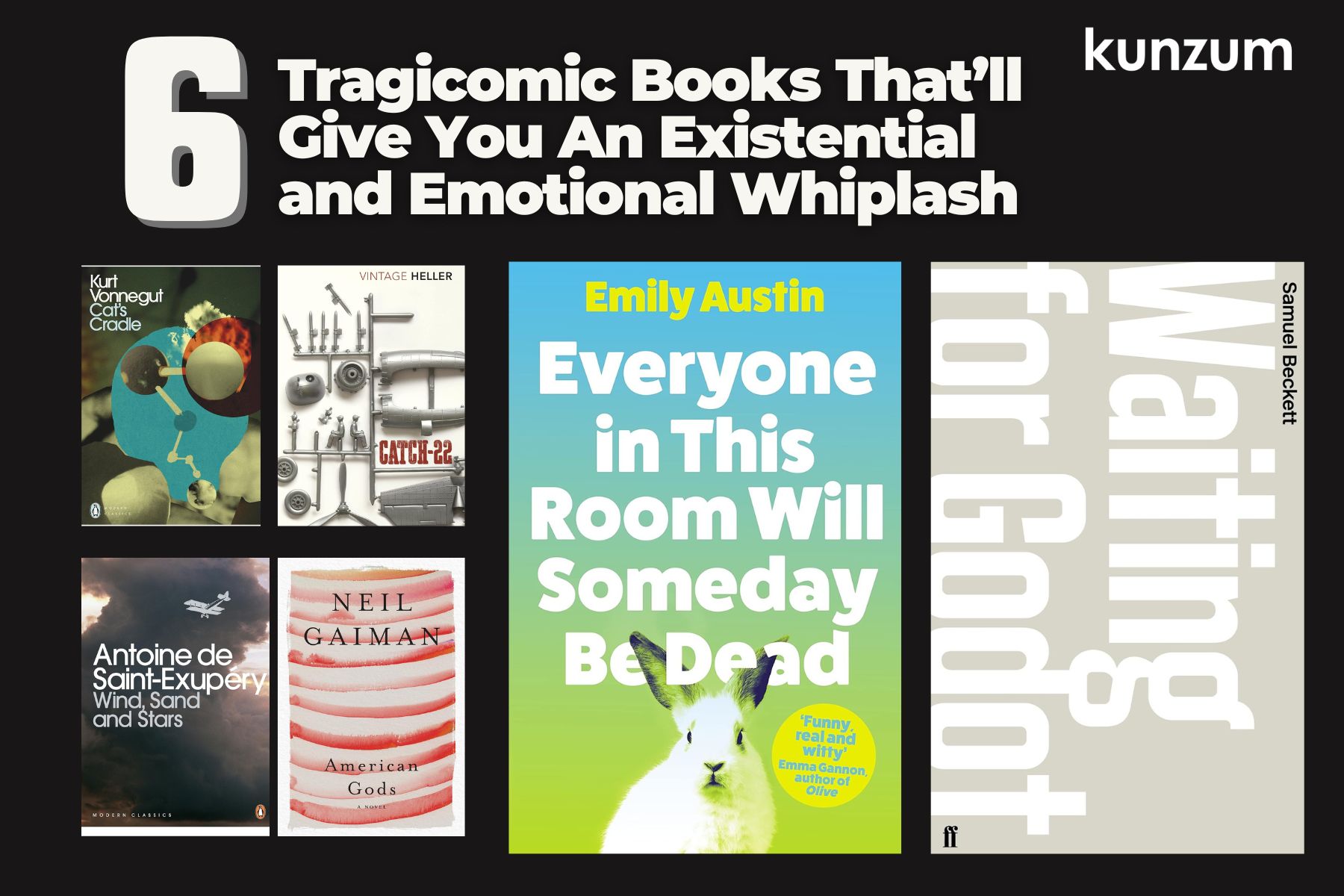
A truly existential genre for bearing close resemblance to the very nature of life, ‘tragicomedy’ is a remarkable form that promises no happy endings, refuses to bite back its words, but shows us how to make light out of situations that have become absurdly bad. Offering perhaps the truest form of catharsis, such novels are a lesson in perspective– telling us that while life may have gone horribly wrong, we can still survive much if we are able to see the comic in the absurd and whole-heartedly be amused by what devastates us. And so, to give you a dose of fun, tragedy, comedy and perspective, we have selected 6 novels that will teach you the creative skill of creating mirth when there is none to be found.
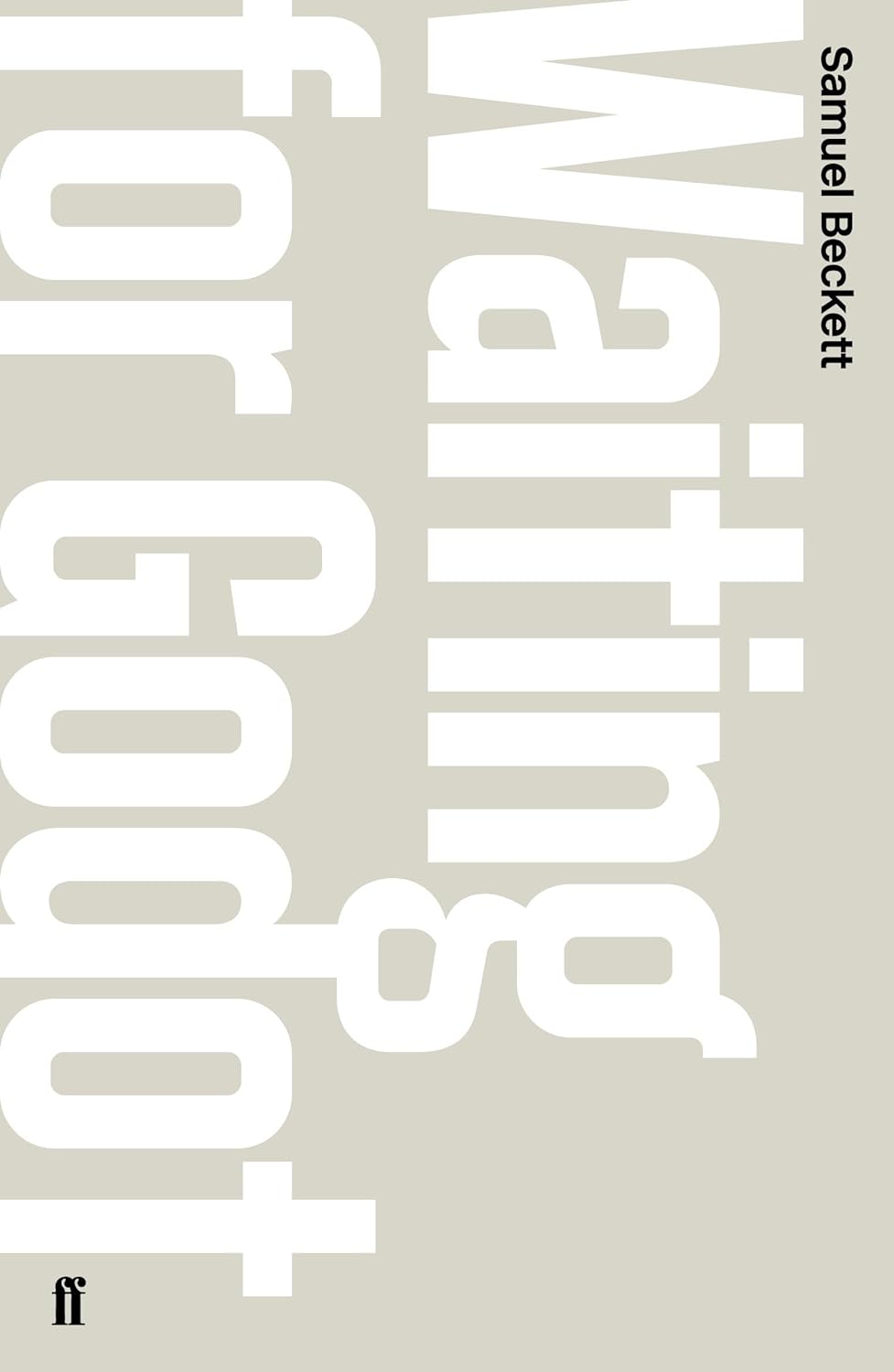
Waiting for Godot by Samuel Beckett
Any list of tragic comedies would be incomplete without mentioning Beckett and his Godot, “a tragicomedy in two acts”. Staged on a scathingly bare set, the play involves close acquaintances, Vladimir and Estragon, who meet by a leafless tree, talk about their daily trials, and collectively wait for a man called Godot. Without having met him, or even being sure that he’d show up, the two tramps wait around, and in that wait, enter into comic and absurd antics, as well as nonsensical philosophical conversations. Yes, they are waiting for God, but the play isn’t about God’s arrival. It’s about the life that happens while we are, in the background and less seriously now, waiting around for ‘Godot’. The play highlights the cruelty of hopeful humanity, as well as the sustaining communities we form when bonding over the shared plight of existence. Absurdist, experimental, existential and essential, “Waiting for Godot” is a brief play that’d make you laugh and think while you wait.
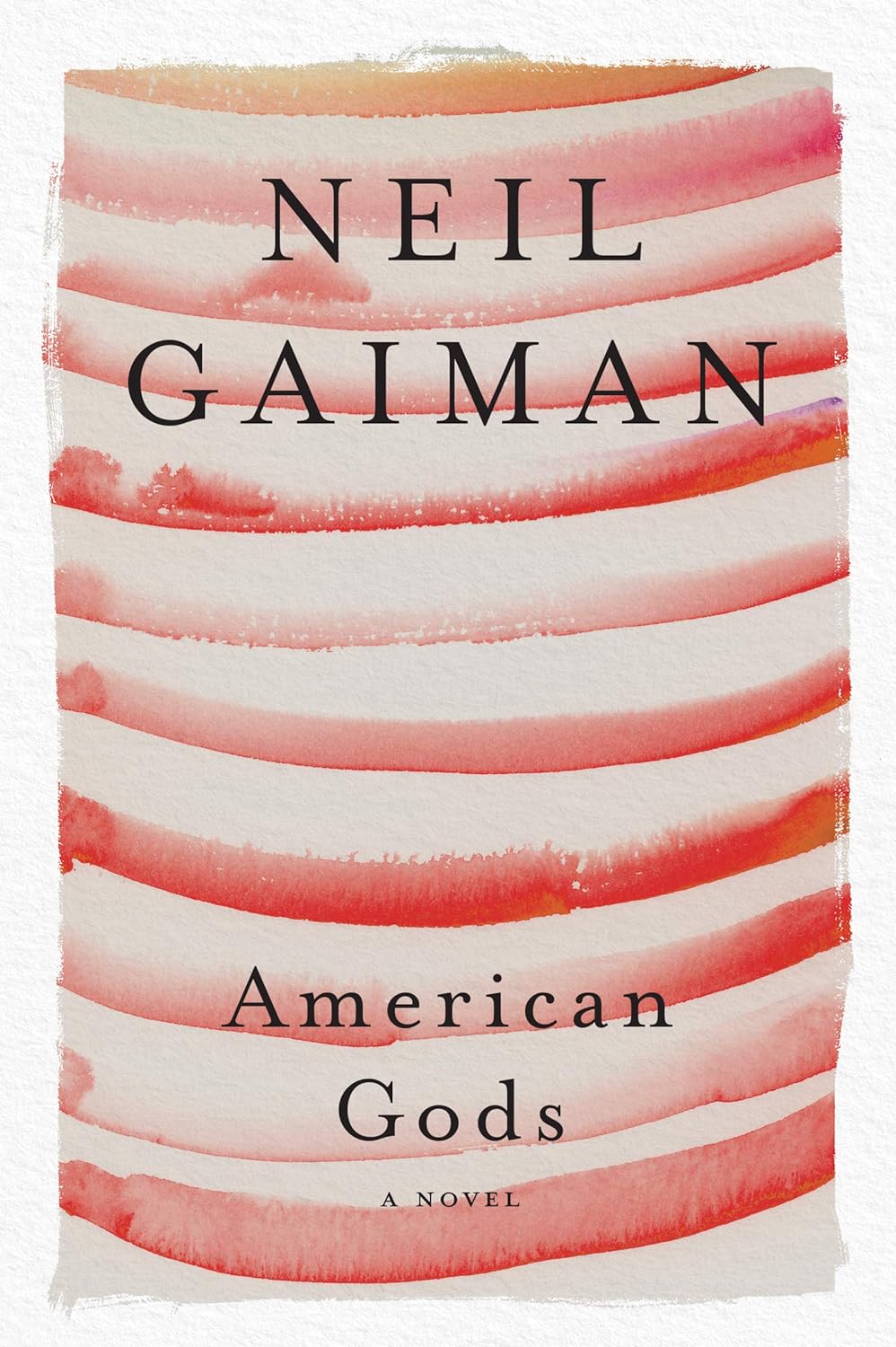
American Gods by Neil Gaiman
Ex-convict Shadow is completing his prison term, after being arrested for armed robbery. Released two days early, Shadow is left bereft when he discovers that his wife, Laura, tragically died in a road accident. Bereaved and desolate, walking back to an empty house, he is unexpectedly offered a job by a mysterious Mr. Wednesday. And so the novel finally begins. Employed as a bodyguard to a Norse God with a waning influence, Shadow embarks on an adventurous journey that takes him to the nooks of America and the many gods who are fighting to stay there. Through great imaginative power and skill for language, Gaiman’s fantasy novel weaves mythology, Americana and the fantastic to showcase a battle for power between the old gods (Norse, Egyptian, Hindu) and the new(technology, television, new media).
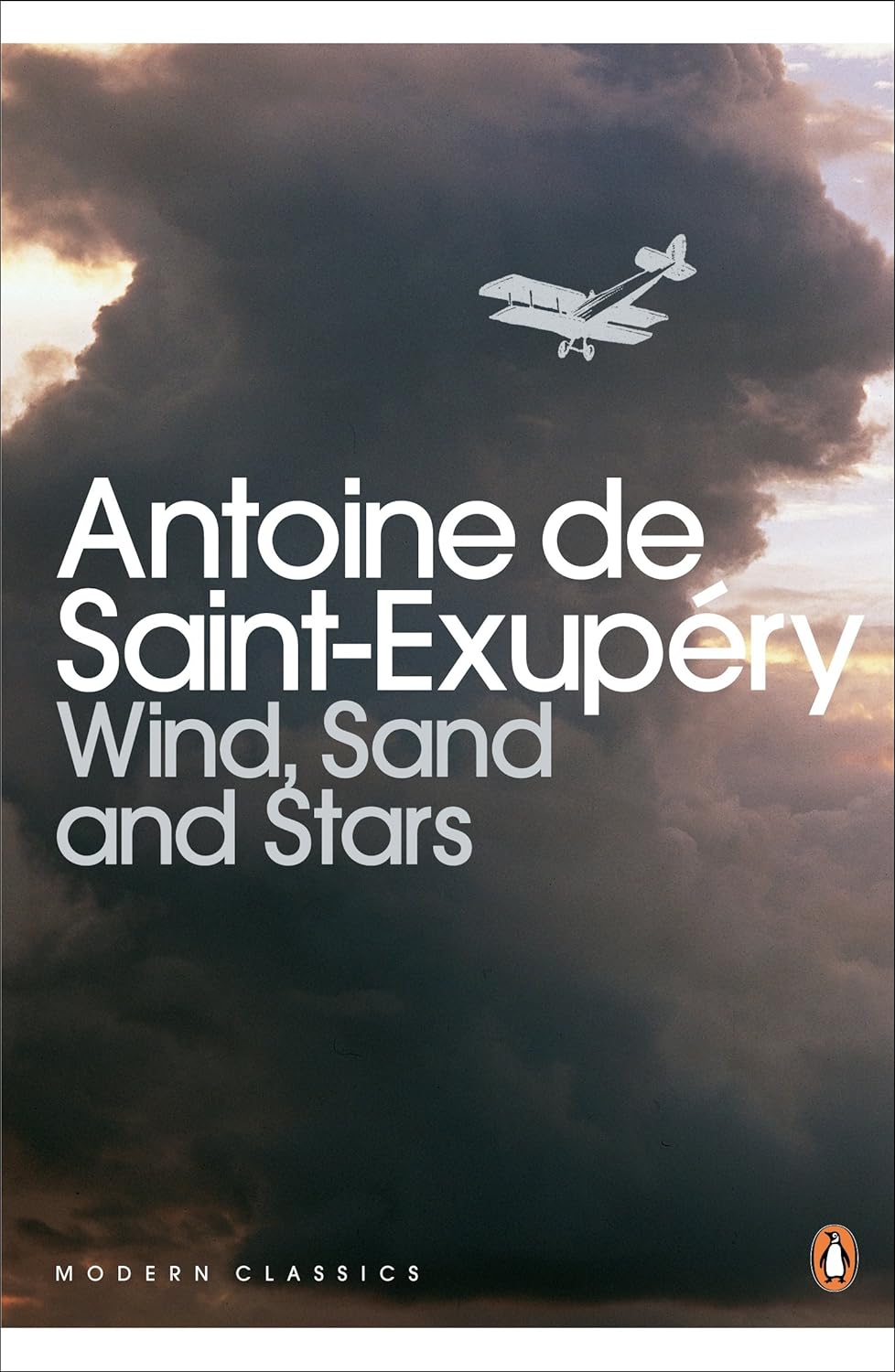
Wind, Sand and Stars by Antoine de Saint-Exupéry
From aristocrat, aviator and author of the beloved “The Little Prince”, comes a stunning and hopeful biography that offers poignant perspectives on life and enduring it. Saint-Exupéry’s “Wind, Sand and Stars” details his experience of surviving a brutal air crash that left him stranded in the Sahara Desert. With no water, food or access to human society, Exupéry, and his companion, mechanic-navigator André Prévot, cling to life and a seemingly absurd hope for help. A pivotal moment in his life, and one that inspired his “Little Prince”, the biography invokes themes of solidarity, friendship, humanity and survival as it details a more existential contemplation of the meaning of life.
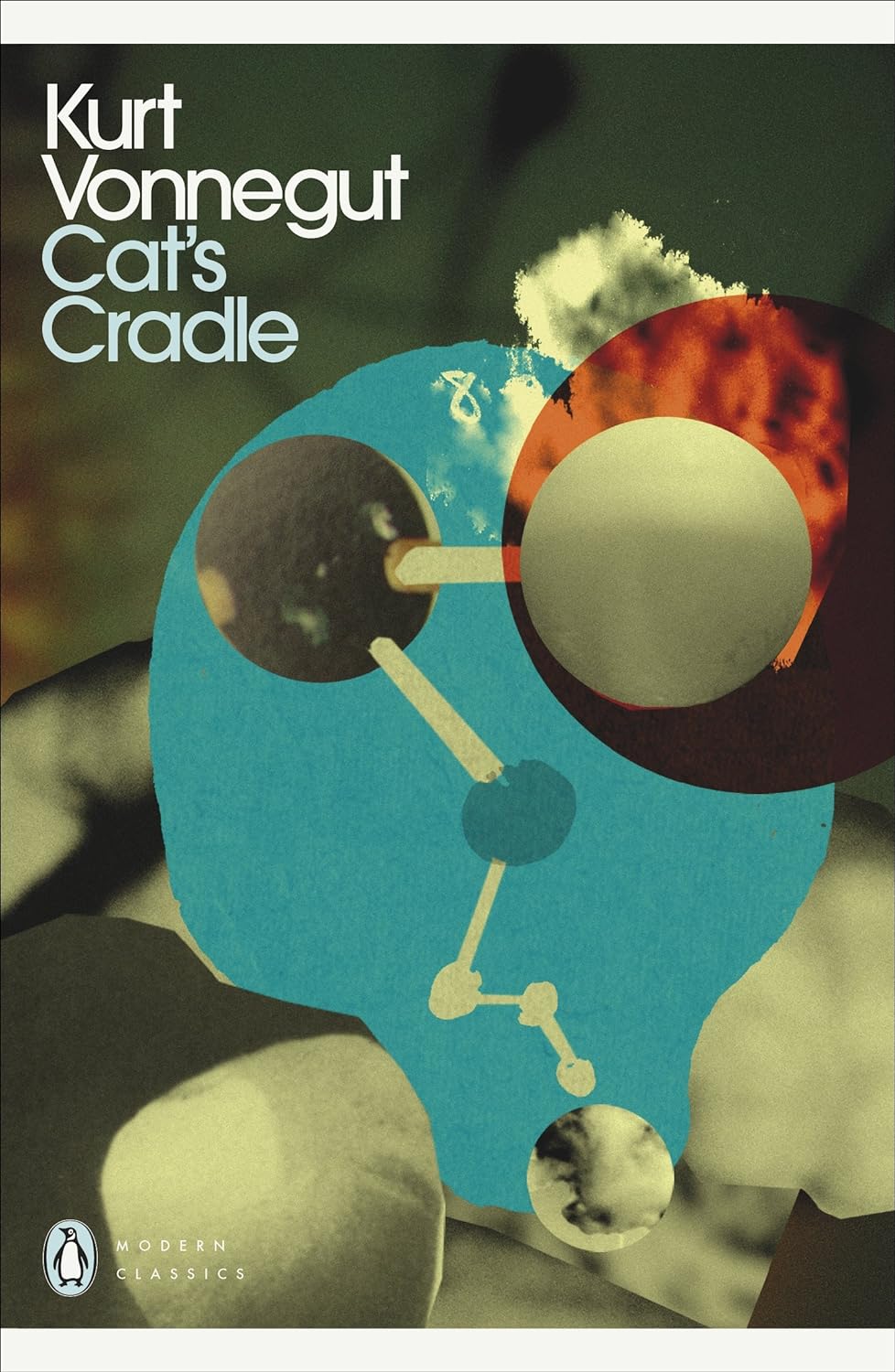
Cat’s Cradle by Kurt Vonnegut
Vonnegut’s postmodern satire, as is characteristic of his oeuvre, delivers a comic and urgent critique of the influence of science and technology, the bottomless arms race and the very value of religion to mankind. A work of sci-fi and unabashed dark humour, “Cat’s Cradle” is a narrative that flashes back to the atomic bombing at Hiroshima and imagines the lives of all those who were unwittingly going about their business on one of the most morbid days in modern history. In the context of mutually assured destruction, made possible by Oppenheimer’s labour of love, Vonnegut’s novel existentially explores the notion of ‘free will’ and offers perspective into the minor and major roles we play in the making of a new godless world.
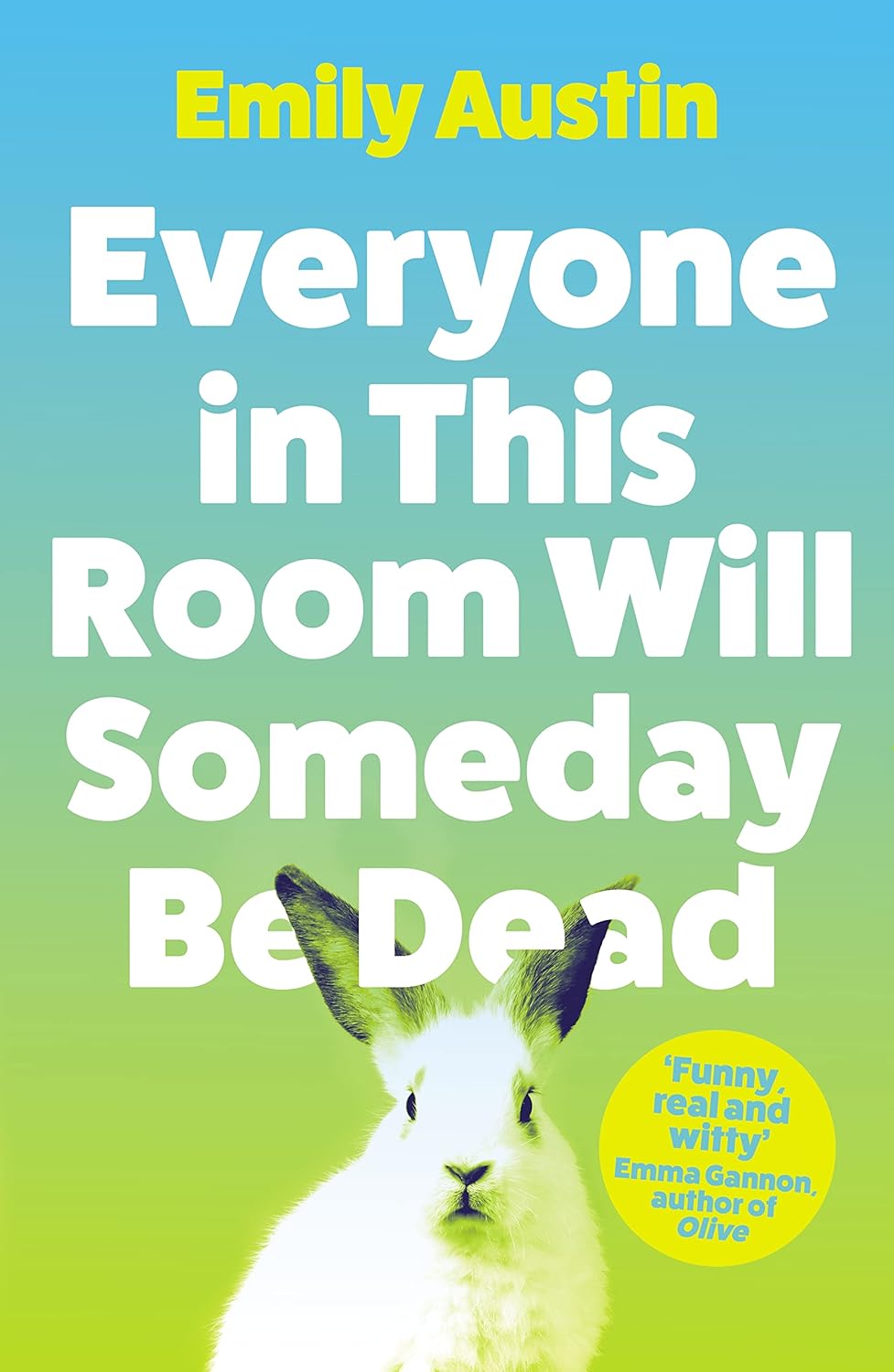
Everyone in This Room Will Someday Be Dead by Emily Austin
27-year-old Gilda, anxious and depressed, cannot, for the life of her, stop thinking about death. In an attempt to escape the hell that is her inescapable mind, she answers a Christian flyer offering free therapy. In a series of confusions that she was too awkward to correct, Gilda is hired as the Church’s new receptionist and is now gainfully employed. A real page-turner that quirkily reaffirms our faith in life, even as we continue to contemplate our death, Austin’s 2021 release explores mortality, mental health and modern life with hilarious morbidity and warm geniality.
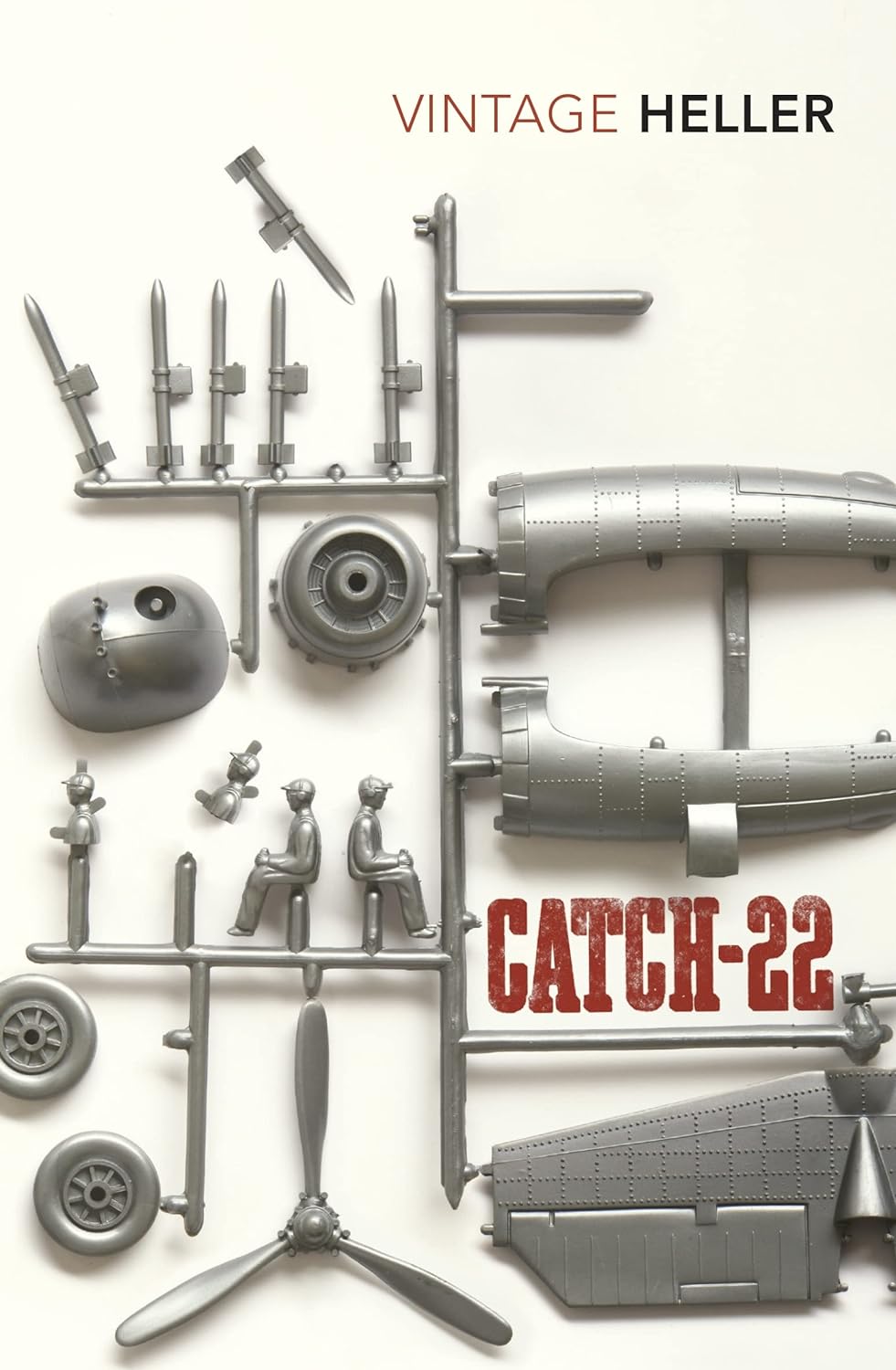
Catch-22 by Joseph Heller
Yossarian is at the hospital, claiming to have a liver condition so that he can be exempted from flying out into a war that he no longer cares about. Launched into the Second World War, with a stipulated number of mandatory missions that must be completed before home, “Catch-22” explores the protagonist’s existential disillusionment with a war effort that increasingly reveals itself to be a bureaucratic farce. The novel takes us to the various hellscapes of a seemingly endless war through a traumatised and exhausted Yossarian who has yet to complete his 27 combat missions before he can claim to have successfully completed the war. Full of whimsy, wit, absurdism, and a grim sense of humour, the book represents the “catch-22” of voluntarily going into war and being forced to stay, as well as the paradox of fearing your own country’s regiment more than the enemy’s.
Pick up a tragicomic novel from any Kunzum store or WhatsApp +91.8800200280 to order. Buy the book(s) and the coffee’s on us.
